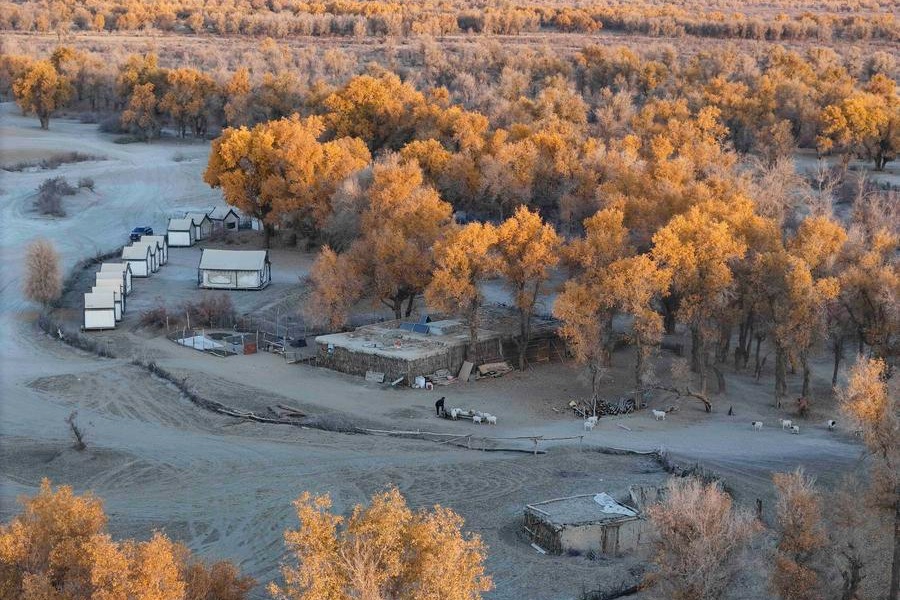Mega science projects to get startup support

China has 'ability and duty' to help solve the world's major challenges
China will incubate several international mega science and engineering projects in the future, some of which will be upgraded into China-led global projects aimed at tackling the world's most difficult scientific challenges, officials said on Tuesday.
By 2020, China plans to create three to five of these mega science projects, and then add six to 10 more by 2035.
The projects typically require huge investments, expensive equipment, complex experiments, decades of research and many interdisciplinary experts from multiple countries.
The upgraded projects will be selected from the pool based on how viable, organized and advanced the original projects are, said Ye Dongbai, director-general of the Ministry of Science and Technology's department of international cooperation.
"These types of projects are crucial for the world's innovation and progress, but are often too difficult for a single country to undertake," Ye said.
Some notable projects include the human genome, international thermonuclear experimental reactors, international ocean discovery, Earth observations and the square kilometer array.
The ability to launch and lead these kinds of projects is a key indicator of a country's scientific prowess and global influence, Ye said.
"China has been participating in some of these major projects since the 1980s," he said.
As China's science capability has improved in the last decade, it now "has the ability and duty to help solve some of the world's major scientific challenges", he said. Some of these China-led mega projects will utilize China's world-class State laboratories and scientific equipment.
"China wants to put forward an objective and collaborate with other countries to reach the goal, while providing the world with Chinese solutions and wisdom in the process," Ye said.
Luo Delong, director of the China International Nuclear Fusion Energy Program Execution Center, said the country has improved its nuclear fusion technology and management capabilities.
"Huge strides have been made in making nuclear fusion energy clean and safe under the program," he said. "These mega projects might not bear fruit in 20 or even 50 years, but when it does, it will fundamentally change the world."
Wang Qi'an, head of the National Remote Sensing Center of China, said China-led global mega science projects will need better management, services and coordination.
"Chinese scientists have to see further into the future and work productively toward that goal together with foreign scientists," he said.
- A glimpse of foreign-born giant pandas' life after returning to China
- CH-4 UAV receives special airworthiness certificate
- China, CEEC agree to advance cooperation between political parties
- China to share its biobank with world
- Plan boosts fight against food waste
- China enforces penalties for family violence





































